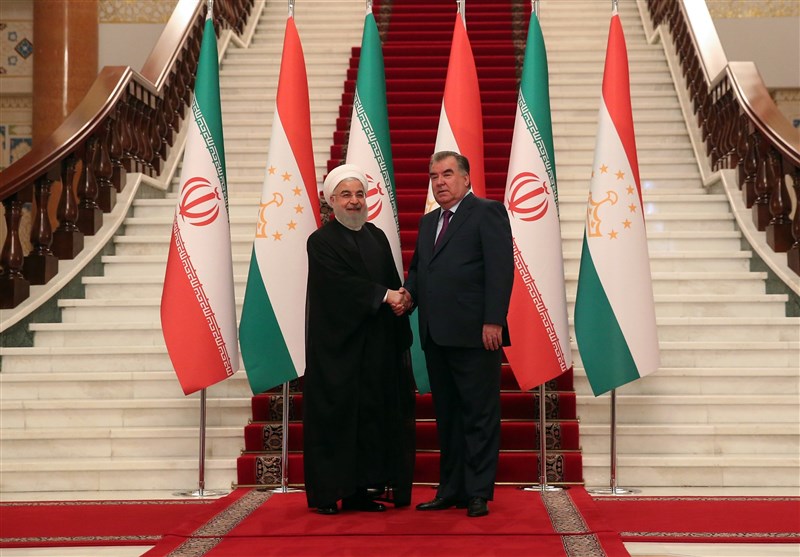On Friday, September 25, Iran’s Ministry of Foreign Affairs summoned Mr Nizamuddin Zahedi, Ambassador of the Republic of Tajikistan to the Ministry, for a second time in a week. The news was somewhat shocking considering the open process of reorganizing relations between the two Persian-speaking countries. In the statement “baseless allegations and irresponsible behaviour of Tajik state television” was cited as the main reason for “summoning the ambassador and conveying strong protest of the Islamic Republic of Iran.” The cause of the protest was the broadcast of a so-called documentary series on Tajik state television entitled “Betrayal”, in which false and biased accusations were made against the Islamic Republic of Iran.
Now, despite such issues, it is necessary to look at the history of relations between the two Persian-speaking countries and emphasize the need for vigilance on the part of the officials of the two countries to prevent escalation of such disputes.
Iran and Tajikistan are two independent states but in fact, people in no other two countries are so close to each other; either in historical, cultural, scientific or arts fields. Therefore, there is much interest between the people of the two countries. Since Tajikistan’s independence, Iran has been one of the first countries to recognize that country, and good relations were established between Tehran and Dushanbe from the very beginning. This good relationship has continued despite some ups and downs in recent years. As in the past decades, the two countries enjoyed close relations; but recently these relations have experienced some ups and downs, although it is not possible to speak of a hostile relationship between the two countries. There are some misunderstandings between Iran and Tajikistan, such as the film recently aired on Tajik television. It has been claimed in the film that some Iranian agents are contributing to the activities of the Islamists (according to them, terrorists) in that country. I do not think that in the government of the Islamic Republic or among the people there would be any interest to cause a difficulty or problem in Tajikistan. Therefore, some countries that have problems with Iran would incite some people in the name of Iran to take measures to destroy the relations between the two countries. There are countries in the region that are jealous of the relations between Iran and Tajikistan, the historical background and the understanding that the two governments and the two nations have of each other, and are seeking to destroy these relations. Under such circumstances, Iran and Tajikistan should expand their relations and act vigilantly to resolve claims and disputes.
At a time when relations between Tehran and Dushanbe were greatly improving, foreigners raised such issues in the news, and in the meantime, Saudi Arabia tried to get closer to Tajikistan to keep it away from Iran; but the Dushanbe government understood the case very well and, except for a short period, did not allow the relations to be destroyed at all. In this regard, during the last one or two years, Mr Rouhani visited Tajikistan and various issues were discussed during the visit. Unfortunately, US sanctions did not allow the agreements reached during that trip to be properly implemented; because flights were cancelled, traders could not travel, and cultural works were somewhat halted. Under this situation, the two governments of Iran and Tajikistan should be careful that some countries intend to destroy their relations and therefore should prevent its realization.
In general, countries such as Iran, Tajikistan and Uzbekistan can take many joint actions with each other. At present, relations between Tajikistan and Uzbekistan, which were previously strained, have improved significantly, which is a turning point in the progress of the measures of the three countries. It should be noted that Tajikistan and Uzbekistan have no access to the high seas, so Iran could be their connection point to the international waters. Agreements have been reached with Uzbekistan in this regard, but have not been implemented yet. It is hoped that agreements will be reached with Tajikistan in this regard.
Finally, it should not be overlooked that both Iran and Tajikistan are interested in expanding relations, and their governments and nations have repeatedly shown this interest. In fact, Iran and Tajikistan can become a model for other countries, such as Afghanistan and Uzbekistan, whose cultures are close to these two countries, and these four countries can take steps towards expansion and improvement of relations.










0 Comments